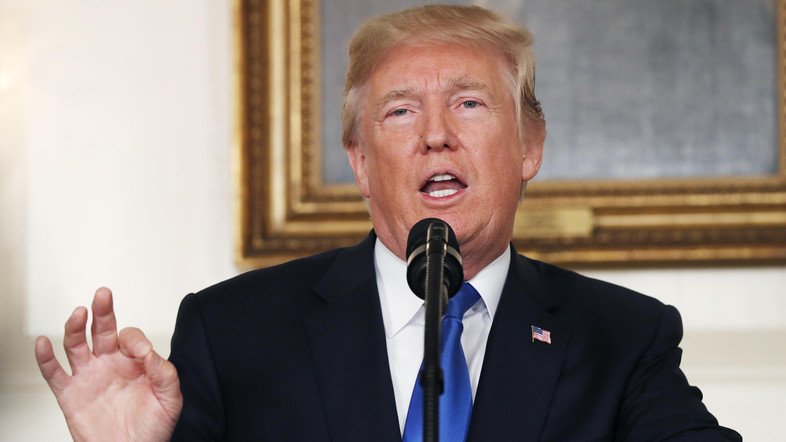…Lost over $10bn to Asian countries
21 August, 2011, Sweetcrude – From 2003, Nigeria lost billions of dollars to multi-national oil companies from Asian countries under the oil-for-infrastructure agreements, an investigative report of Chatham House recently released in the United Kingdom has revealed.
Successive Nigerian governments had entered into oil-for-infrastructure agreements with oil companies from India, South-Korea and China, but the projects were never executed even though the companies were awarded lucrative oil blocs at alleged discounted rate, the explosive report, entitled; “The Thirst for African Oil,” alleged.
Summary of strategic deals, according to the report, includes an agreement with South-Korea which was to lay gas pipeline from Ajaokuta to Kano via Abuja, build integrated gas power stations at Abuja and Kaduna and construct the Port Harcourt–Maiduguri railway.
There is also China which is core investor in the Kaduna Refinery. It was to construct the double-track, standard-gauge Lagos–Kano railway and a hydro-electric complex at Mambilla.
Also, India was to handle the construction of a certain Greenfield Refinery of 180,000 barrels per day capacity; construct a 2,000 megawatts Independent Power Plant and conduct feasibility study for a new East–West railway from Lagos to Delta State.
The report also listed Taiwan as core investor in the Port Harcourt Refinery and in the construction of an Independent Power Plant, while Malaysia was to handle a 2.5 million tonnes per annum petrochemical project in Delta State. The project is capable of creating 7,000 jobs.
The Asian oil companies were allegedly awarded oil blocs under favourable terms during the 2005, 2006 and 2007 licencing rounds with an agreement that the beneficiaries would invest a total of US$20 billion in infrastructural developments as listed above.
The report, however, noted that the agreements were sordidly handled as there was no proper mechanism to ensure that the companies executed the infrastructures programme after the award of the oil blocs to them.
It was also revealed in the report that some of the companies did not even pay the required sum of signatures bonus after award of the oil blocs with allegations that several millions of dollars were unaccounted for under the said circumstances. A South-Korea company was fingered in this episode, while in the case of an Indian company, the agreement was framed in such a way that the infrastructure projects was not meant for implementation.
Aside the foreign companies, the report also cited Nigerian oil players, allegedly fronting for highly-placed interests who were said to have also secured profitable oil blocs, the proceeds of which were allegedly used to prosecute recent elections by the ruling party.
The report noted further that the oil-for-infrastructures deal was fully exposed by a committee set up by the late President Umaru Yar’Adua who was reportedly confronted with top-level complicity, leading to the cancellation of award of some oil blocs.
The report, which further dwelt on high-level corruption within the nation’s oil sector, affirmed that the financial arrangements for the oil-for-infrastructure deals were not favourable to Nigeria as the Asian oil companies had offered only to partly fund the projects with government-to-government loans.
“But the terms were not satisfactory. For all the projects, Nigeria would have to find the balance of the funding itself. That would have imposed a burden over time. The downside of the Indian approach was that the projects would not start until the oil blocks were in production – which can entail three to five years of prospecting,” the report stated.
While chronicling the failure and deep corruption in the Nigerian oil sector, the report contrasted the situation with similar deals in Angola which it (the report) said was a huge success.
The Asian oil companies, the report noted, appeared more honest and transparent in their dealings with the Angolan government, citing the high-level political and economic discipline of the Angolan system as responsible.
The failed deals and Nigeria’s loss of about $10 billion was said to have prompted the Petroleum Industry Bill, which local and foreign interests are reportedly falling over each other to kill.
The bill, already before the National Assembly, seeks to introduce transparency and openness in the bidding process of the oil sector.




